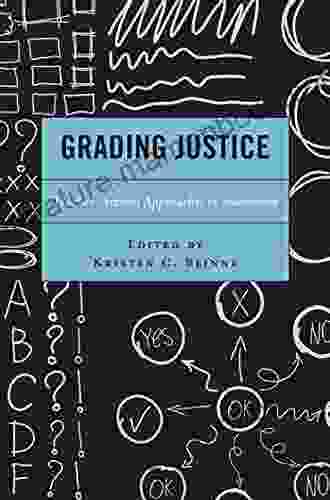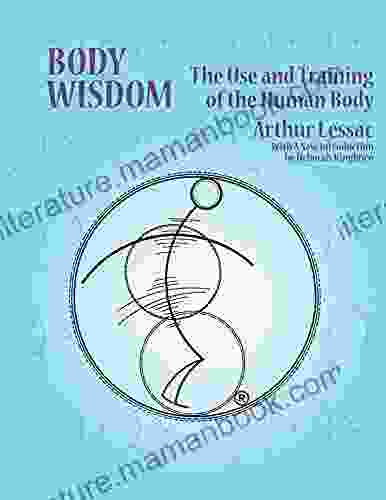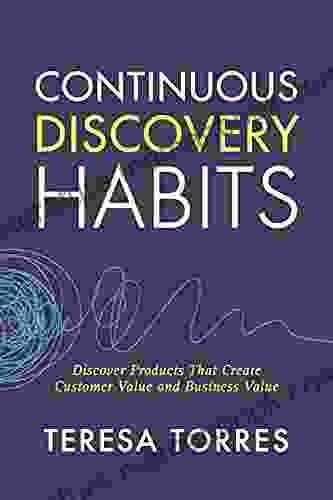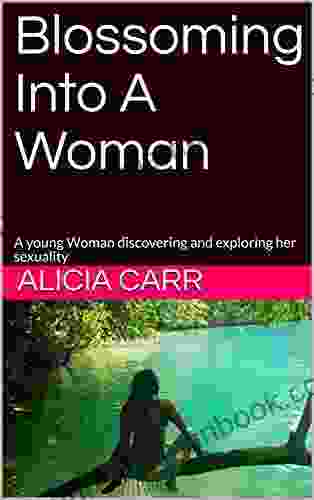Teacher Activist Approaches To Assessment Critical Communication Pedagogy

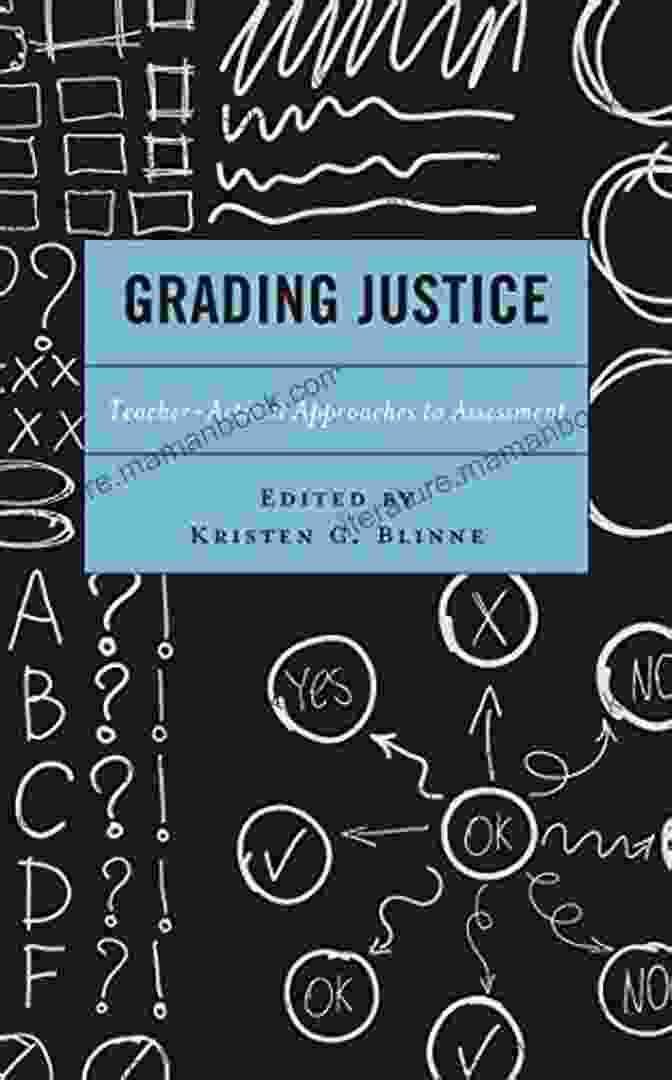
4.5 out of 5
| Language | : | English |
| File size | : | 1104 KB |
| Text-to-Speech | : | Enabled |
| Screen Reader | : | Supported |
| Enhanced typesetting | : | Enabled |
| Word Wise | : | Enabled |
| Print length | : | 371 pages |
Abstract
This article explores the potential of teacher activist approaches to assessment and critical communication pedagogy to transform assessment practices in education. It argues that by embracing these approaches, educators can create more equitable and empowering assessment practices that promote critical thinking, social justice, and student agency.
Assessment is a powerful tool that can be used to shape student learning. However, traditional assessment practices often fail to reflect the complexities of learning and can actually disempower students. Teacher activist approaches to assessment and critical communication pedagogy offer a more transformative approach to assessment that is based on the principles of equity, empowerment, and critical thinking.
Teacher Activist Approaches To Assessment
Teacher activist approaches to assessment are based on the belief that assessment should be used to empower students and promote social justice. These approaches emphasize the importance of:
- Collaboration: Involving students in the assessment process can help them to develop a sense of ownership over their learning.
- Transparency: Making assessment criteria clear and accessible to students can help them to understand what is expected of them and how they can improve their work.
- Feedback: Providing timely and specific feedback can help students to identify their strengths and weaknesses and to make progress in their learning.
- Authenticity: Using assessment tasks that are relevant to students' lives and experiences can help them to connect their learning to the real world.
Critical Communication Pedagogy
Critical communication pedagogy is a teaching approach that emphasizes the importance of critical thinking, social justice, and equity. This approach encourages students to:
- Question the status quo: Students should be encouraged to question the assumptions and values that underlie their own beliefs and the world around them.
- Challenge injustice: Students should be empowered to speak out against injustice and to work towards creating a more just and equitable world.
- Communicate effectively: Students should be able to communicate their ideas clearly and persuasively in a variety of ways.
Transforming Assessment Practices With Teacher Activist Approaches To Assessment And Critical Communication Pedagogy
By combining teacher activist approaches to assessment with critical communication pedagogy, educators can create assessment practices that are:
- More equitable: Assessment practices that are based on the principles of equity and social justice can help to ensure that all students have the opportunity to succeed.
- More empowering: Assessment practices that involve students in the process and provide them with timely and specific feedback can help them to develop a sense of agency and self-direction.
- More transformative: Assessment practices that encourage students to think critically and to communicate their ideas effectively can help them to become more engaged and active learners.
Examples Of Teacher Activist Approaches To Assessment And Critical Communication Pedagogy In Practice
There are many ways to incorporate teacher activist approaches to assessment and critical communication pedagogy into your teaching practice. Here are a few examples:
- Using student self-assessment: Have students assess their own work using a rubric that they have helped to create. This can help them to develop a sense of ownership over their learning and to identify their own strengths and weaknesses.
- Providing peer feedback: Have students give each other feedback on their work. This can help them to develop their critical thinking skills and to learn from each other.
- Using authentic assessment tasks: Use assessment tasks that are relevant to students' lives and experiences. This can help them to connect their learning to the real world and to see the value of what they are learning.
- Encouraging students to question the status quo: Ask students to question the assumptions and values that underlie their own beliefs and the world around them. This can help them to develop a more critical and informed perspective.
- Empowering students to speak out against injustice: Provide students with opportunities to speak out against injustice and to work towards creating a more just and equitable world. This can help them to develop a sense of agency and to become more engaged in their communities.
Teacher activist approaches to assessment and critical communication pedagogy offer a powerful way to transform assessment practices in education. By embracing these approaches, educators can create more equitable, empowering, and transformative assessment practices that promote critical thinking, social justice, and student agency.
References
- Carini, P. F., & Kuh, G. D. (2005). Student engagement and student learning: Testing the linkages. Research in Higher Education, 46(2),197-229.
- Freire, P. (1970). Pedagogy of the oppressed. New York: Herder and Herder.
- Giroux, H. A. (1988). Schooling and the struggle for public life: Critical pedagogy in the modern age. Minneapolis: University of Minnesota Press.
- Ladson-Billings, G. (1994). The dreamkeepers: Successful teachers of African American children. San Francisco: Jossey-Bass.
- McNeil, L. M. (2000). Contradictions of control: School structure and school knowledge. New York: Routledge.
4.5 out of 5
| Language | : | English |
| File size | : | 1104 KB |
| Text-to-Speech | : | Enabled |
| Screen Reader | : | Supported |
| Enhanced typesetting | : | Enabled |
| Word Wise | : | Enabled |
| Print length | : | 371 pages |
Do you want to contribute by writing guest posts on this blog?
Please contact us and send us a resume of previous articles that you have written.
 Top Book
Top Book Novel
Novel Fiction
Fiction Nonfiction
Nonfiction Literature
Literature Paperback
Paperback Hardcover
Hardcover E-book
E-book Audiobook
Audiobook Bestseller
Bestseller Classic
Classic Mystery
Mystery Thriller
Thriller Romance
Romance Fantasy
Fantasy Science Fiction
Science Fiction Biography
Biography Memoir
Memoir Autobiography
Autobiography Poetry
Poetry Drama
Drama Historical Fiction
Historical Fiction Self-help
Self-help Young Adult
Young Adult Childrens Books
Childrens Books Graphic Novel
Graphic Novel Anthology
Anthology Series
Series Encyclopedia
Encyclopedia Reference
Reference Guidebook
Guidebook Textbook
Textbook Workbook
Workbook Journal
Journal Diary
Diary Manuscript
Manuscript Folio
Folio Pulp Fiction
Pulp Fiction Short Stories
Short Stories Fairy Tales
Fairy Tales Fables
Fables Mythology
Mythology Philosophy
Philosophy Religion
Religion Spirituality
Spirituality Essays
Essays Critique
Critique Commentary
Commentary Glossary
Glossary Bibliography
Bibliography Index
Index Table of Contents
Table of Contents Preface
Preface Introduction
Introduction Foreword
Foreword Afterword
Afterword Appendices
Appendices Annotations
Annotations Footnotes
Footnotes Epilogue
Epilogue Prologue
Prologue P A Choi
P A Choi Michael Hausenblas
Michael Hausenblas Denise Duhamel
Denise Duhamel Deanna Edens
Deanna Edens Bryan Zimmermann
Bryan Zimmermann Hossein Amerkashi
Hossein Amerkashi Peggy A Ertmer
Peggy A Ertmer Liza Mundy
Liza Mundy Betty Y Ashbaker
Betty Y Ashbaker Keith Morrison
Keith Morrison Matthew Continetti
Matthew Continetti Good Summaries
Good Summaries Logan Ury
Logan Ury Nathalie Dupree
Nathalie Dupree Rudel Simon
Rudel Simon Tomasz Cichawa
Tomasz Cichawa Kenneth Koch
Kenneth Koch Marisha Mathis
Marisha Mathis Insight Editions
Insight Editions Judy Leigh
Judy Leigh
Light bulbAdvertise smarter! Our strategic ad space ensures maximum exposure. Reserve your spot today!

 Felix HayesPrint on Demand Shirts: How to Start a Successful Business with No Start-up...
Felix HayesPrint on Demand Shirts: How to Start a Successful Business with No Start-up...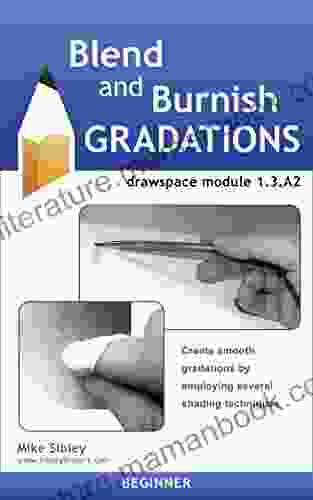
 Albert CamusMastering Blend and Burnish Gradations with Drawspace Module A2: An In-Depth...
Albert CamusMastering Blend and Burnish Gradations with Drawspace Module A2: An In-Depth... Ken SimmonsFollow ·8.6k
Ken SimmonsFollow ·8.6k Hugh BellFollow ·15.3k
Hugh BellFollow ·15.3k Elliott CarterFollow ·17.4k
Elliott CarterFollow ·17.4k Bo CoxFollow ·14.5k
Bo CoxFollow ·14.5k Samuel BeckettFollow ·7.9k
Samuel BeckettFollow ·7.9k Jack LondonFollow ·11.6k
Jack LondonFollow ·11.6k Branson CarterFollow ·8.6k
Branson CarterFollow ·8.6k Eric NelsonFollow ·12.5k
Eric NelsonFollow ·12.5k

 Melvin Blair
Melvin BlairJames Wade's Captivating Tale: Delving into the Second...
In the heart of a realm where the veil...
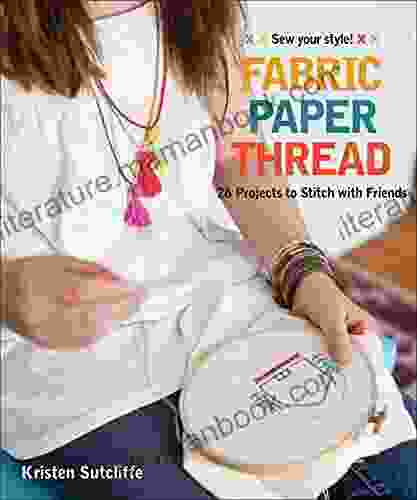
 Eric Hayes
Eric HayesFabric Paper Thread: 26 Projects to Stitch with Friends
Get ready to embark on a captivating journey...

 Greg Foster
Greg FosterThe Grammy Awards Record of the Year 1958-2024: A...
The Grammy Awards, the most prestigious...

 Alex Foster
Alex FosterSaragarhi: The Forgotten Battle of the British Empire
On September 12,...
4.5 out of 5
| Language | : | English |
| File size | : | 1104 KB |
| Text-to-Speech | : | Enabled |
| Screen Reader | : | Supported |
| Enhanced typesetting | : | Enabled |
| Word Wise | : | Enabled |
| Print length | : | 371 pages |


